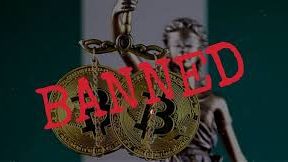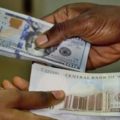Onyinyechi Sylvia Ugwoke
For a country that is second place in the Bitcoin market globally, it is puzzling how the Nigerian government without prior notice banned cryptocurrency transactions. The Central Bank’s order to financial institutions to close all accounts transacting in cryptocurrency has raised speculations. Some have linked the ban of cryptocurrency to the End SARS protests; the government stopped funds from coming through local payment platforms to support the demonstrations. Then the protesters quickly switched to using Bitcoin to fund their agitations. During that period, Nigeria had the highest spike of volume traded in digital currency in the pandemic.
A lot of young Nigerians have become involved with trading in digital currencies. Many are said to use it to fund their education, although some also use it to perpetrate internet fraud. “There is no field that scammers do not exist,” counters Marcus Oguntade. “Everything has advantages and disadvantages; the trade just has to do with trust.” Omotayo Lateef is a young bitcoin trader and is unhappy with the ban, “the Nigerian government keeps disappointing its youths. There are no jobs, and the only thing the youths decide to engage in, to avoid crimes, they stop it.” Ajayi Johnson did tell Ikeja bird that he is not into the crypto business but doesn’t see the ban helping Nigeria’s economy.
Supporters of the ban believe it gives way for true investors to invest in Nigeria properly, and not in a means that the government cannot control. Cryptocurrency is digital currency and largely unregulated, and the authorities believe it is prone to abuse by cyber criminals and other dishonest elements.








